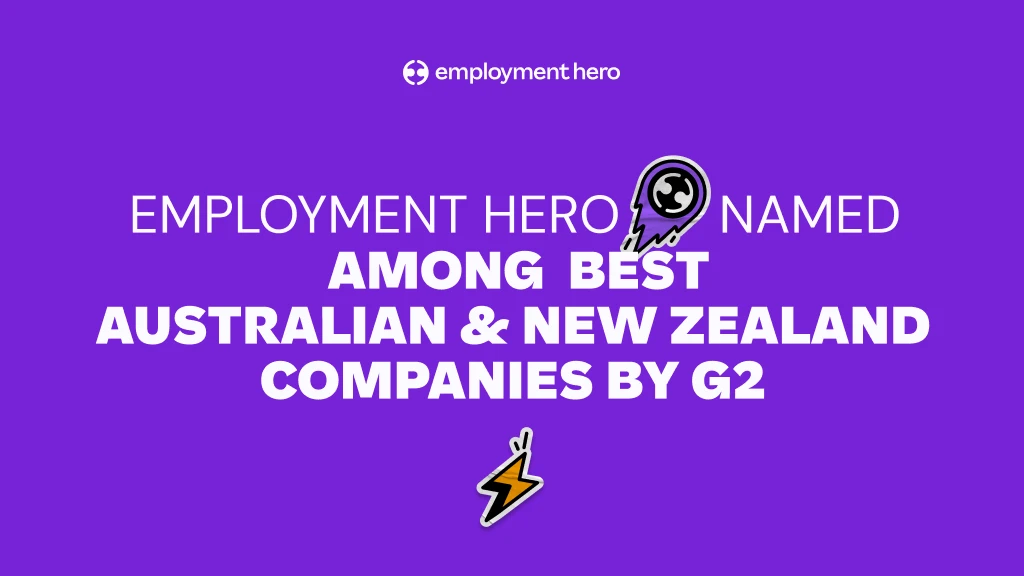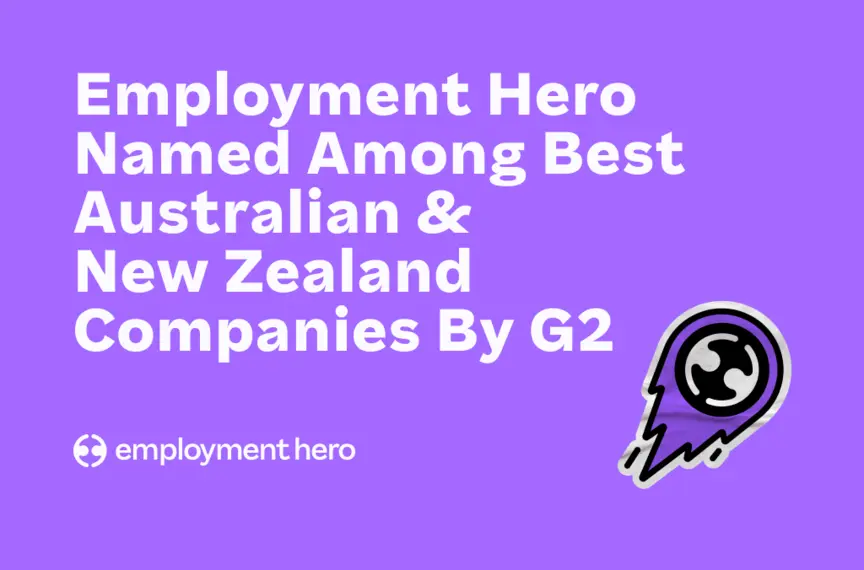Employment law updates – April 2023
In this monthly blog, we share some of the latest updates and insights from our in-house employment law specialist, Sanam Ahmadzadeh Salmani.

Welcome to our monthly blog, where we provide you with some of the latest updates and insights from our in-house employment law specialist, Sanam Ahmadzadeh Salmani.
Our aim is to help you stay informed about some of the legislative changes and decisions that impact people management, so you can navigate them with ease.
Australia
Employers in Australia are reminded of their positive duty to eliminate sexual harassment, sex discrimination, and sex-based harassment in the workplace.
Recent cases such as, Kumari v Bervar Pty Ltd, focus on the 2022 amendments to the Sex Discrimination Act. The case highlights that employers should know and understand their obligations to minimise these risks in the workplace. It also suggests that employers should have procedures that clearly detail how these claims will be responded to and the reasonable steps they will take.
New Zealand
There are two Fair Pay Agreements (FPA) updates in New Zealand that employers should be across:
- The FPA application to initiate bargaining was approved by the Ministry of Business, Innovation and Employment (MBIE) on 27 March 2023, and covers bus and coach drivers, as well as cleaners working in the interurban, rural, and urban bus transport industry. Learn more
- The MBIE is also considering a security guard/officer FPA application received on 29 March 2023 which covers employees who physically protect, watch, or guard property (including cash and other valuables) and/or who carry out crowd control duties.
United Kingdom
To provide better support to employees, the UK government announced two updates to statutory pay and Statutory Sick Pay:
- Effective from 2 April 2023, the statutory pay for maternity, paternity, adoption, shared parental, and parental bereavement increased from £156.66 to £172.48 per week
- Effective from 6 April 2023, Statutory Sick Pay increases from £99.35 to £109.40 per week.
In addition, a new Bank Holiday was announced for 8 May 2023 to mark the coronation of King Charles III. Employers are reminded that whilst many receive a day off work on a Bank Holiday, there is no statutory right to paid leave and any entitlement to time off or extra pay depends on the terms of an employee’s contract.
Lastly, the Worker Protection (Amendment of Equality Act 2010) Bill is currently in its second reading. The aim of the Bill is to have a specific approach that all employers have to take with sexual harassment cases. It imposes a new duty on employers to take all reasonable steps to prevent sexual harassment in the workplace. Employers in the UK should stay up-to-date with the progress of this Bill and be prepared to implement any changes that may arise.
Singapore
Employers in Singapore are reminded that the Heightened Safety Period (HSP) has been extended until 31 May 2023.
The purpose of the HSP is for employers across all industries to reassess and tighten their health and safety practices. There are also measures for mandatory training for CEOs and board of directors, and an increase in maximum fines if workplace health and safety legislation is breached. Employers in Singapore should take note of these changes and ensure that they comply with the mandatory training and any other requirements.
Stay tuned for more updates and insights from our in-house employment law specialist next month.
Disclaimer: The information in this article is current as at 12 April 2023, and has been prepared by Employment Hero Pty Ltd (ABN 11 160 047 709) and its related bodies corporate (Employment Hero). The views expressed in this article are general information only, are provided in good faith to assist employers and their employees, and should not be relied on as professional advice. The Information is based on data supplied by third parties. While such data is believed to be accurate, it has not been independently verified and no warranties are given that it is complete, accurate, up to date or fit for the purpose for which it is required. Employment Hero does not accept responsibility for any inaccuracy in such data and is not liable for any loss or damages arising directly or indirectly as a result of reliance on, use of or inability to use any information provided in this article. You should undertake your own research and seek professional advice before making any decisions or relying on the information in this article.
Related Resources
-
 Read more: Employment Hero Named Among Best Australian & New Zealand Companies by G2
Read more: Employment Hero Named Among Best Australian & New Zealand Companies by G2Employment Hero Named Among Best Australian & New Zealand Companies by G2
Ranked #6 on G2’s 2026 Best Software Awards, officially a Top 10 software company in ANZ
-
 Read more: Employment Hero Named Among Best Australian & New Zealand Companies By G2
Read more: Employment Hero Named Among Best Australian & New Zealand Companies By G2Employment Hero Named Among Best Australian & New Zealand Companies By G2
Employment Hero has been ranked #6 on G2’s 2026 list of the Best Australian and New Zealand Companies.
-
 Read more: Product Update: January 2026
Read more: Product Update: January 2026Product Update: January 2026
Welcome to the January 2026 product update from the Employment Hero team. We’ve got lots to share around Custom Forms,…






















